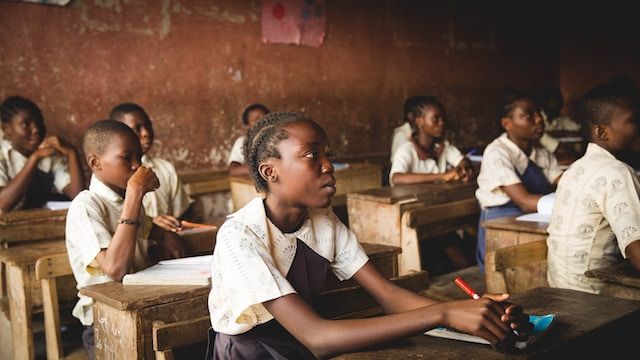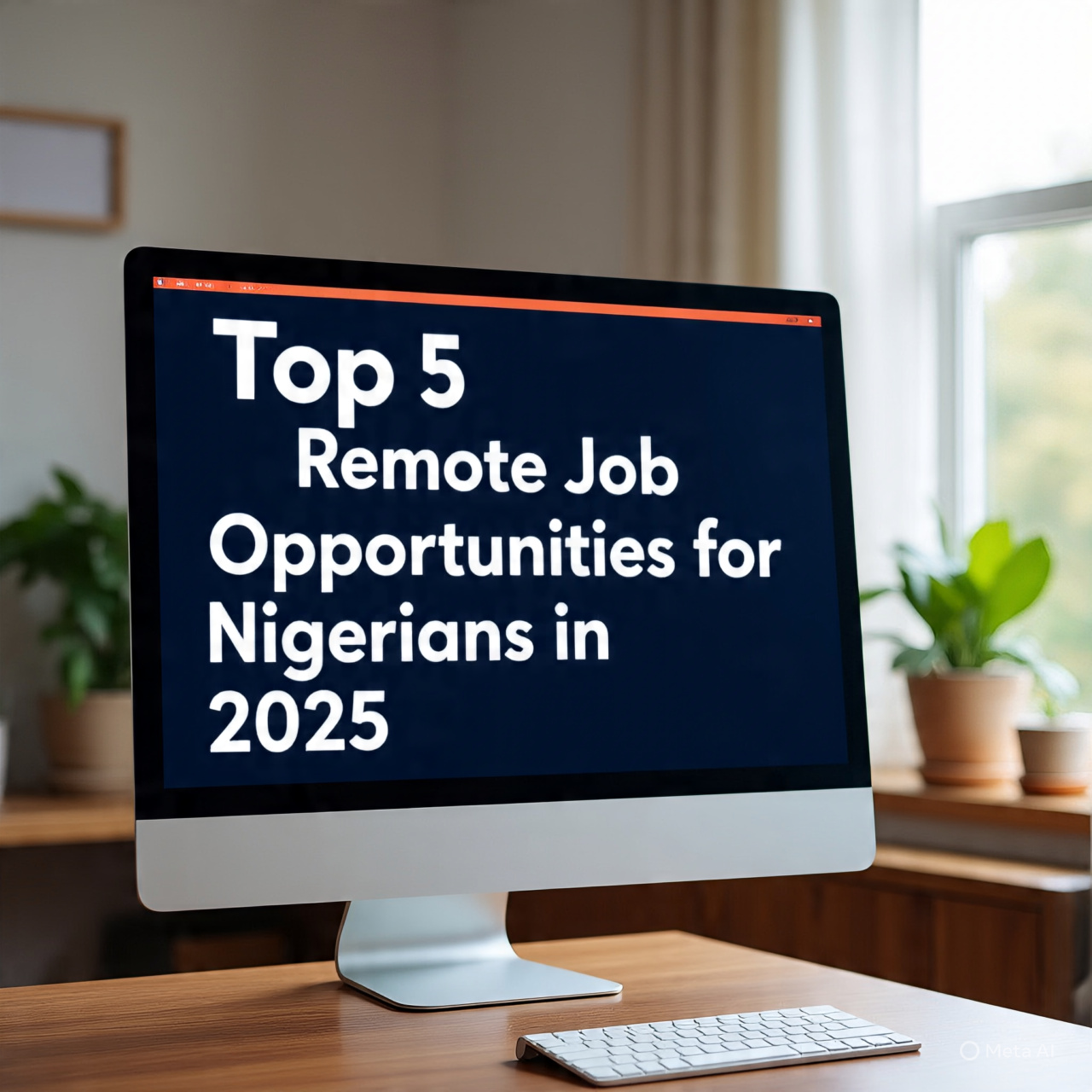
INTRODUCTION
Every child, regardless of their socio-economic status or where they live, has a fundamental right to education. The number of out-of-school children (OOSC) in Nigeria has seen a concerning increase in recent years, with the figure reaching approximately 10.5 million children.According to data from the UNESCO Institute for Statistics (UIS), this is the highest number of out-of-school children ever recorded by any country.
UNICEF's 2022 report also confirms the high rate of out-of-school children in Nigeria, with one in every five out-of-school children worldwide being Nigerian. The situation is particularly dire in Northern Nigeria compared to other regions, where the net school attendance rate is as low as 53%, indicating a significant risk of dropout. Despite the federal government's efforts to make education free and compulsory up to the junior secondary level, challenges persist.
These high out-of-school rates in Northern Nigeria are primarily linked to conflict and other disruptions, though socio-cultural norms and economic barriers also contribute significantly. Girls are disproportionately affected by conflict situations and crises, with extremely low primary school attendance rates in the conflict-ridden North-Eastern and North-Western regions, as reported by UNICEF in 2022. The UNESCO Institute for Statistics (2022) categorizes children, adolescents, and youths as out-of-school if they are not enrolled or attending school during an academic year. UNICEF and UNESCO (2015) classify these children into two groups: those who entered school but dropped out, and those who have never entered school.
The latter group is further divided into two subgroups, including children who will enter school late and those who will never enter. The term "never entered school" refers to children with no exposure to formal education. Delayed school entry, labeled as "will enter school late," can increase the risk of dropping out or low academic achievement, as outlined by UNICEF and UNESCO in 2015.
The low allocation of funds to the Nigerian education sector has been a longstanding issue, with funding consistently falling below the 15% minimum recommended by UNESCO. This underfunding has resulted in inadequate learning environments, lack of necessary resources, and understaffing in public schools, while those with means often opt for private education. The financial burden posed by Nigeria's supposedly free public schools often compels parents to face tough decisions concerning their children's education. With the ongoing economic difficulties in the country, it becomes exceedingly challenging for financially strained parents to cover the costs associated with schooling. Consequently, numerous kids from disadvantaged regions are denied their access to education. This unending cycle of poverty and educational deprivation perpetuates inequality and constrains the prospects for a brighter future among children.
This article explores the impact of education incentives for underserved communities (in Nigeria). It highlights how investing in education incentives can break the cycle of of poverty, empower individuals, and uplift entire communities.
 Children learning in class
Children learning in class BENEFITS OF INCENTIVISING EDUCATION FOR UNDERSERVED COMMUNITIES
- Breaking the cycle of poverty: underserved communities often struggle with high level of poverty.
By providing financial incentives for these communities, they will have greater opportunities to access education. This education incentives can be in form of scholarships, free school supplies, and reduced fees. This would reduce the burden for families who would otherwise struggle to send their children to school. As children receive an education, they are better equipped to secure higher-paying jobs in the future, ultimately lifting their families out of poverty.
- Empowering individuals: Education is an empowering force that allows individuals to realize their full potential.
In underserved communities, education incentives will as a catalyst for personal growth and development and provide opportunities for individuals to gain knowledge, skills, and confidence, enabling them to participate more actively in society and the workforce. - Uplifting a nation: According to UNESCO statistics, the number of out of school children continue to increase each year especially in the northern part of Nigeria. This is particularly attributed to the high rate of poverty and insecurity in these areas.
When education is incentivized in these areas, it reduces the burden of education within the community. When more children in these communities receive education, the entire community will benefit since educated individuals are more likely to engage in community development initiatives, contribute to local economies, and advocate for improved infrastructure and services in the community. - Fostering socio-economic development: “Train a child, train a nation”. Education is one of the key pathways through which sustainable development could be secured and maintained. One effective investment a country can make is driving economic development through education.
By incentivizing education, education is made more available to individuals who will become better equipped to address critical community challenges such as healthcare, sanitation, and agriculture. This, in turn, leads to improved living standards, enhanced health outcomes, and a more vibrant local economy. - Reducing gender disparities: In many communities, particularly in northern Nigeria, gender disparities in education are prevalent. Education incentives, especially for girls, can help bridge this gap. When girls are given the same educational opportunities as boys, it not only empowers them but also contributes to a more equitable and progressive society.
CONCLUSION
Education incentives have the power to transform underserved communities from places of limited opportunity to centers of hope and progress. The concept of education incentives is neither foreign nor strange. It has been imbibed in several communities and has had tremendous results. For instance, the "Train a Girl, Train a Nation" Initiative in Sub-Saharan Africa provided scholarships and educational support to girls in underserved communities, leading to increased school enrollment and higher literacy rates.
The impact of these initiatives ripples through generations, paving the way for brighter futures, reduced poverty, and enhanced overall well-being.
It is imperative that governments, organizations, and individuals continue to invest in education incentives to uplift underserved communities and create a more equitable and prosperous Country.
More Articles

Bridging The Gap Between Books, Knowledge and Real-World Impact

Top 5 Remote Job Opportunities for Nigerians in 2025

Empower/Save Life Today
We spread love through giving and helping the less privileged. And this we cannot achieve alone, we need your help and support to accomplish this. You can join us in this mission by donating.
Donate Now